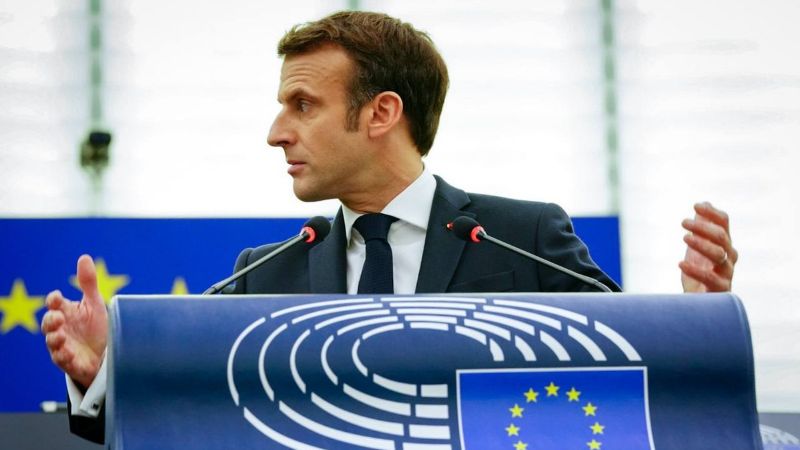
The French Economy Ministry released a consultation on Tuesday to address the issue of global internet giants’ monopoly in the metaverse.
The consultation, open until May 2, seeks input from various stakeholders, including citizens, researchers, associations and companies, on policies related to privacy, health and environmental risks in virtual worlds.
Per the press release, the French government plans to devise a national plan for managing the technological and cultural advancements in immersive digital worlds. It also inquires about exploring alternatives to the vision put forth by global giants in order to build “a French-style metaverse.”
As part of President Emmanuel Macron’s goal to achieve “digital sovereignty” for Europe, which involves reducing reliance on major US companies, France has unveiled plans to establish domestic alternatives in game engines, virtual and augmented reality and blockchain technology.
This aligns with Macron’s 2022 election campaign pledge to build a European-owned metaverse and is in line with similar efforts by European Union (EU) officials working on a virtual worlds strategy to be released in May.
France’s effort to create a European metaverse marks a significant step toward encountering the dominance of global internet giants. It aims to cultivate an environment that fosters competitiveness and protects fundamental rights within the digital realm.
Safety measures for Europe
Last week, a European Commission consultation highlighted the concerns regarding major “gatekeepers” excluding local and small players from the competition.
“There is a risk of having a small number of big players becoming future gatekeepers of virtual worlds, creating market entry barriers and shutting out EU startups and SMEs [small and medium-sized enterprises] from this emerging market,” the draft reads.
The consultation also highlighted concerns about privacy, openness, cybersecurity, equality and financial considerations for local businesses in what is referred to as Web 4.0 — the convergence of physical and virtual worlds.
Last year, the EU passed a Digital Markets Act that enables massive fines on internet giants like Meta, Google and Amazon, signaling a “new era in tech regulation.” It is a big part of the EU’s plans to regulate the internet.
Some of the regulations outlined in the Digital Markets Act include potential limitations on the ability of Google and Meta to issue targeted ads, requirements for Apple (AAPL) to provide app developers fair access to iPhone’s features — such as the near-field communication chip — and mandates texting services like WhatsApp and iMessage to collaborate with smaller platforms.
Setback in metaverse developments
The press release also highlights that the term “metaverse” does not have a fixed definition and is subject to interpretation. While many associate it with Meta’s metaverse project, there is no established standard for what it entails.
Recently, the developments in the Metaverse and other similar virtual worlds have not been encouraging.
Reports of Meta spending billions of dollars on its own virtual world without concrete outcomes may indicate a bleak future for many metaverses. However, it’s important to note that Meta has acknowledged that a fully realized Metaverse is still more than a decade away, considering the setbacks in Metaverse development.
The digital assets industry is also still in recovery from a long “crypto winter” that significantly reduced its value and impacted the overall enthusiasm for multiple worlds linked to cryptocurrencies.
However, many entities across the globe still continue to express their strong interest in the metaverse. For instance, Sandbox recently signed a memorandum of understanding (MoU) with the Saudi Arabia Digital Government Authority.
